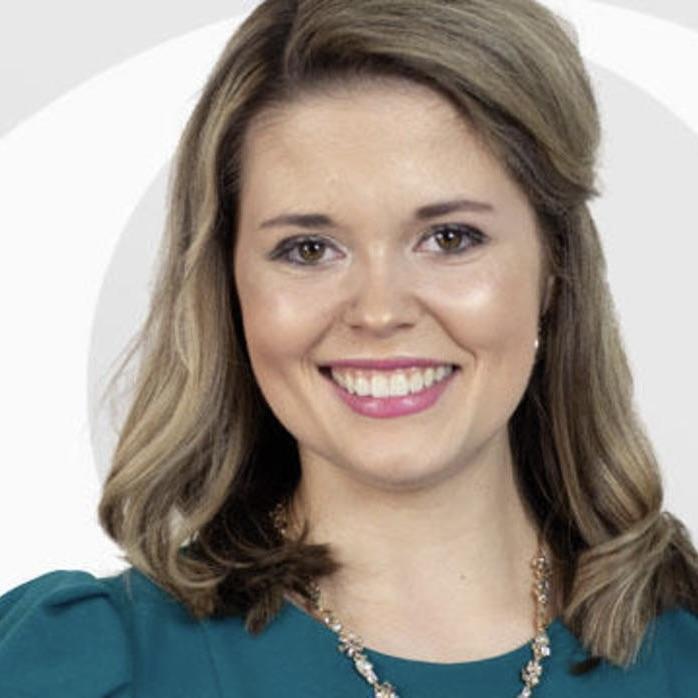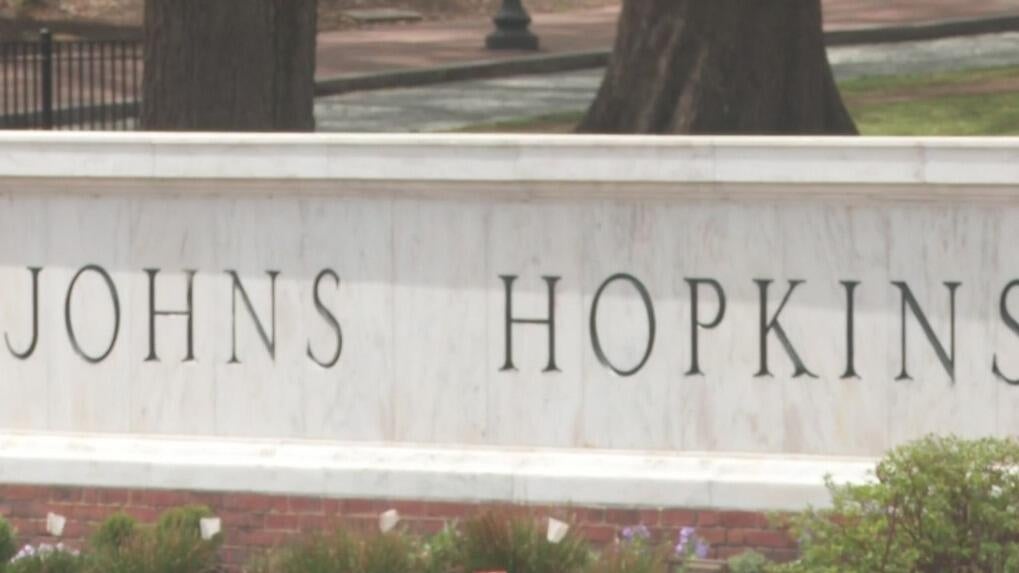Visas revoked from 37 Johns Hopkins University students in Maryland, officials say
Johns Hopkins University confirmed that 37 international students have had their visas revoked, according to a spokesperson. This comes as the Trump Administration continues to crack down on immigration enforcement.
Last week, a spokesperson for the university said about a dozen students had their F-1 visas revoked.
Johns Hopkins University's first-year class is 15% international students, according to our partners at The Baltimore Banner.
International students at Johns Hopkins express concern
Richie, a graduate student who spoke with WJZ anonymously, has studied in the United States for 10 years. He moved here in high school in 2015 and said he is concerned about the direction the country is heading.
He said his parents decided to send him to further his studies in the U.S. because of the extreme pressure and competition students face in China, particularly around the college entrance exam, a notoriously challenging and stressful test that almost all high school graduates must take, which determines which university they can attend.
"It would be very, very different if I had not come here to the United States," Richie said.
Richie expressed his concern, saying while democracy is still the law of the land, there have been changes in the decade he's studied here.
"It just saddens me to hear that the executive power in United States, in a democracy like this, can do such a thing, and there are no legal ways of trying to stop him," Richie said. "This is exactly what happens in authoritarian government. Growing up in China, we live in an authoritarian regime where the powerful government can do whatever things they want, and you as an individual…what can you do?" Richie questioned.
While he feels safe at Johns Hopkins University, his family is thousands of miles away and are worried. He feels optimistic and hopeful that the American dream is still alive.
"They [family members] are nervous. They're anxious. They are concerned with what's happening. Also, because they're so far away, they you know, they can't drive down the road to get to me, if anything were to happen to me," Richie explained. "Even though there are some turbulences, that image, in my opinion, should still prevail in the end."
What is an F-1 visa?
Full-time students can obtain an F-1 visa through U.S. Immigration and Customs Enforcement (ICE), according to U.S. Citizenship and Immigration Services.
With an F-1 visa, elementary, high school and college students can live in the U.S. legally with proof of enrollment.
The school or program that they are enrolled in also has to be approved by ICE's Student Exchange Visitors Program.
To obtain an F-1 visa, students have to be proficient in English or enrolled in an English learning course.
The visa can be extended as long as the student remains enrolled full-time in an academic or vocational program that will lead to a degree, diploma or certificate.
Why are student visas being revoked?
The Trump administration began revoking visas from students who were said to have participated in pro-Palestine protests that took over some college campuses in 2024.
In March, Secretary of State Marco Rubio said 300 visas had been terminated for international students across the U.S. who reportedly participated in protests.
"We are not going to be importing activism to the United States. They're here to study, they're here to go to class. They're not here to lead activist movements that are disruptive," Rubio said.
Protests at Johns Hopkins University lasted for about two weeks, with students setting up tents and occupying a part of the campus with an encampment.
The encampment, which violated university policies, only ended after school officials and student protesters reached an agreement.
Despite this, Johns Hopkins University officials said they did not receive any indication that the student visas were revoked due to that or other expressions of free speech.
"We have received no information about the specific basis for the terminations, but we have no indication that they are associated with free expression activities on campus. While terminations require students to depart the United States, we are not aware of any arrests or detentions of Johns Hopkins students as a result of these visa actions," a statement from the university read.
The university also told students to contact campus public safety if they encounter a U.S. Immigration and Customs Enforcement (ICE) agent on school grounds.
How many student visas have been revoked?
According to The Baltimore Banner, more than 1,200 international students at 180 colleges and universities in the U.S. have had their visas terminated.
Last week, the University of Maryland, Baltimore County (UMBC) said four international students had visas revoked without an explanation.
The University of Maryland also said some international students lost their visas, though they did not provide a specific number.
Several universities and colleges across the nation have reported similar occurrences.
Taking action to combat visa terminations
Maryland joined 19 other states in a lawsuit challenging the Trump administration's "Ideological Deportation Policy," which state leaders said targets noncitizens with legal status, "especially college students and faculty who express political beliefs with which the administration disagrees."
"The administration cannot criminalize free speech or weaponize immigration laws against lawful residents because it dislikes their views," Maryland Attorney General Brown said. "We are asking the court to put an end to this unconstitutional policy before it inflicts further irreparable harm on our communities and our fundamental freedoms."
According to the lawsuit, filed April 11, more than 800 visas have been revoked by the Trump administration.
Since the uptick in visa terminations, Johns Hopkins University has also taken action by launching a virtual series to keep students and staff informed on changes at the federal level.
The first briefing held on April 15 featured legal and public safety officials.






